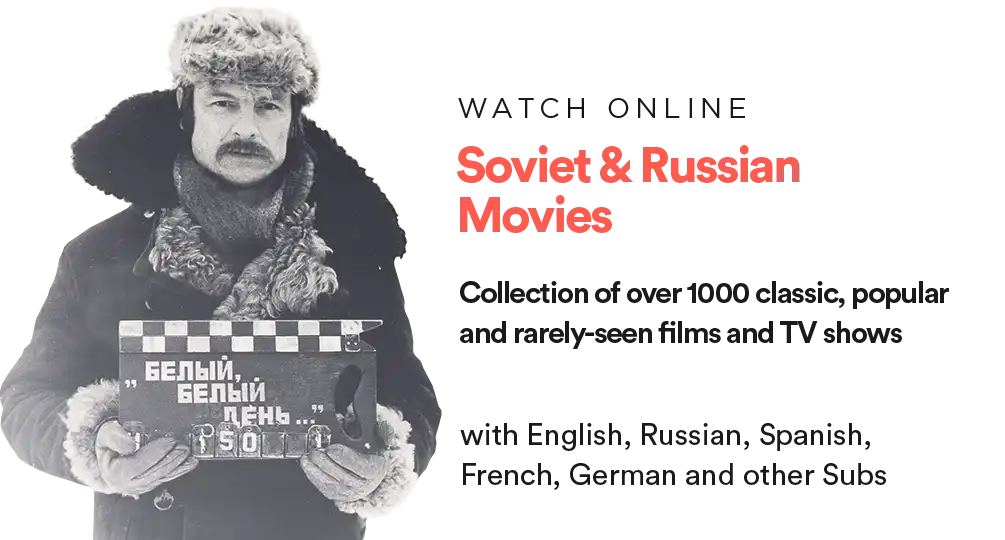Inhabitants of a small village in Hungary deal with the effects of the fall of Communism. The town’s source of revenue, a factory, has closed, and the locals, who include a doctor and three couples, await a cash payment offered in the wake of the shuttering. Irimias, a villager thought to be dead, returns and, unbeknownst to the locals, is a police informant. In a scheme, he persuades the villagers to form a commune with him.

Satantango
Original Title Sátántangó
Watch online Satantango with English and Russian subtitles

The download option is only available for
members with one month membership or higher
Satantango: A Deep Dive into Eastern European Cinema's Enigmatic Offering
Director's Vision
Béla Tarr, a luminary of Hungarian cinema, has always showcased a penchant for exploring the intricate facets of the human psyche, society, and the universe itself. With "Satantango," Tarr unfurls his grand vision in a sprawling narrative, juxtaposing a desolate landscape with equally desolate souls. His methodical approach, often dominated by prolonged sequences and hypnotic panning shots, engulfs the viewer, pulling them into the very essence of the story.The Main Character
While the ensemble cast beautifully elucidates the various dimensions of this melancholic village, it is the captivating performance of Mihály Víg as Irimiás that truly stands out. Víg’s portrayal, underscored by a haunting gravitas, serves as a mirror reflecting the larger motifs of despair and deception that Tarr so meticulously weaves. The depth Víg brings to his role is both a testament to his prowess and a reflection of Tarr's knack for extracting the best from his actors.The Ensemble Cast
A story of this magnitude demands a cast capable of doing it justice. László Lugossy's portrayal of Schmidt and Putyi Horváth's embodiment of Petrina provide layers to the film's complex tapestry. Their performances, seamlessly blending with the bleak atmosphere, amplify the themes of decay, deception, and impending doom that loom over the village.The Tale Unraveled
"Satantango" navigates through the ruins of a collective farm in a post-apocalyptic Hungarian village. With residents plotting and scheming, dreams of better prospects rapidly transform into a nightmare. The story becomes an allegory, exploring humanity's age-old proclivities for self-destruction, deception, and the cyclical nature of life, where endings usher in new beginnings.Impact on the Viewer
To say "Satantango" is transformative might be an understatement. This is not just cinema; it's an experience, a journey. The slow-burning pace, combined with the monochromatic palette, induces a trance-like state. The viewer isn't a mere spectator but becomes an integral participant, feeling every sigh, every raindrop, and every trepidation the characters undergo.Film's Significance
Beyond its artistic brilliance, "Satantango" is emblematic of the tumultuous era Hungary found itself in during the 90s. It's a mirror reflecting a society in flux, its people grappling with change and the weight of their decisions. For lovers of Eastern European cinema, it serves as a paragon, illustrating the region's unparalleled storytelling capabilities and aesthetic sensibilities.Accolades and Recognitions
A film of "Satantango's" stature does not go unnoticed. Its spellbinding narrative and immaculate execution were recognized globally, securing the prestigious Caligari Film Award at the Berlin Film Festival, amongst other accolades. It not only left an indelible mark on viewers but also etched its legacy within the annals of cinematic history.Conclusion
"Satantango" is an odyssey, a deep dive into the depths of human emotions, societal constructs, and the interplay of hope and despair. It stands as a testament to Béla Tarr's genius and Eastern European cinema's unparalleled narrative prowess. For the discerning cinephile, it's not merely a film to be watched, but an experience to be lived, felt, and pondered upon long after the credits roll.Sátántangó with English subtitles
At Eastern European Movies, you're invited to immerse yourself in the captivating world of Satantango (Sátántangó), a cinematic journey hailing from Hungary. Released in 1994, this film is a quintessential piece of Drama, deftly crafted by the renowned director Béla Tarr, and brought to life through the compelling performances of a skilled cast, including Erika Bók, Éva Almássy Albert, János Derzsi, László Lugossy, Mihály Vig and Putyi Horváth.
As a film enthusiast, you understand the richness of diverse cinema. That's why we ensure that each film, such as Satantango, is accompanied by subtitles in various languages, including English and Russian, to bridge the gap between cultures and to provide an inclusive cinematic experience for all.
Exploring the nuances of Hungary's society and culture, Satantango offers a narrative that is both engaging and thought-provoking. Whether you're a native speaker looking to revisit the classics of your homeland or a student of the language and culture seeking a deeper understanding, this film presents an opportunity to do so through the compelling medium of cinema.
The legacy of Eastern European cinema is vividly brought to life here, with films that resonate with universal themes and emotions, transcending geographical and linguistic boundaries. We are committed to presenting films that not only entertain but also educate and inspire our audience.
























